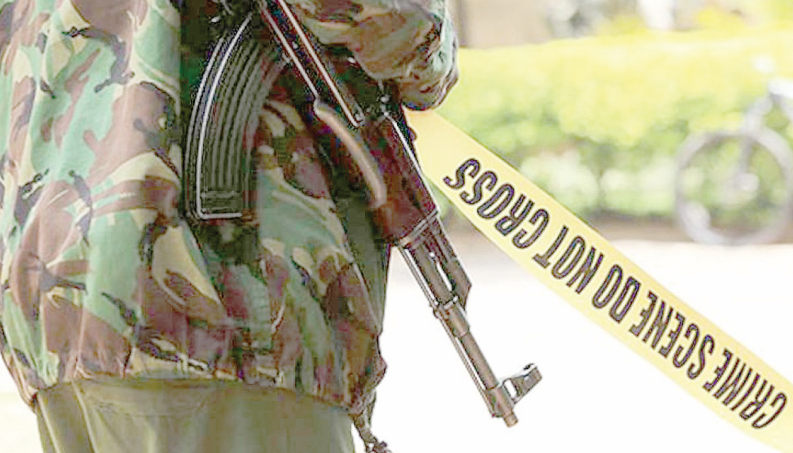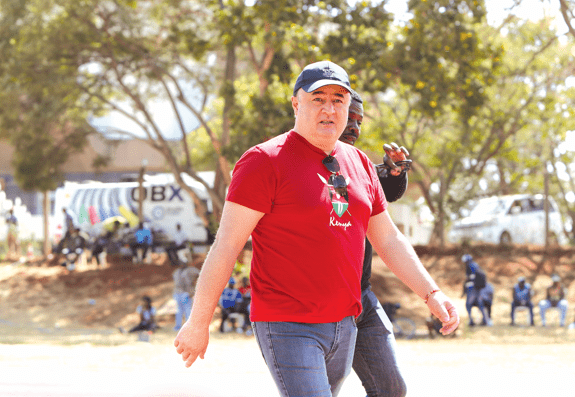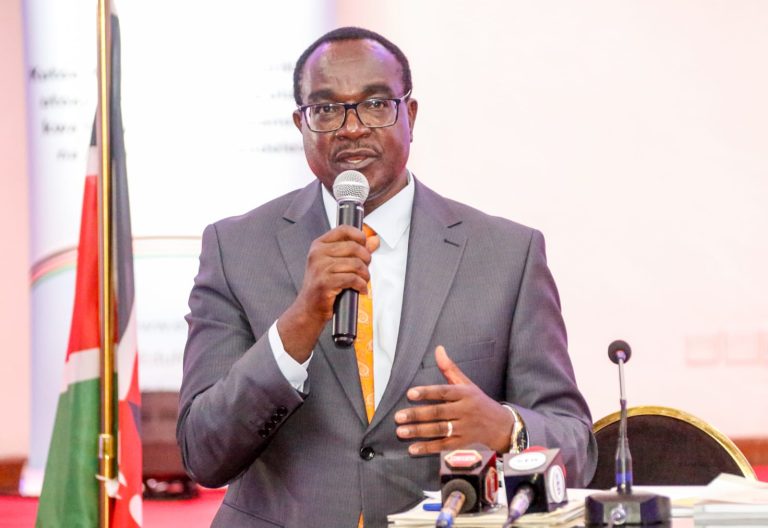Kenya among top five Africa countries with high crime incidents

Kenya has been ranked among the top five countries with the highest organised criminal activities in the continent.
The newly released Africa Organised Crime Index 2023 Report that assesses increased criminality and growing vulnerabilities places Kenya in the fourth position after the Democratic Republic of Congo, Nigeria and South Africa. Libya has taken the fifth position.
The report by ENACT, a body that is enhancing Africa’s capacity to respond more effectively to transnational organised crime and is also working to mitigate the impact of transnational organised crime reveals that criminality has risen in the continent, with indication of growth in human and arms trafficking across the continent since 2019.
Deputy Head of Delegation of the European Union to Kenya Ondrej Simek described the report as a very solid document considering that up to 160 experts contributed to its formulation.
“This report is designed to assess organised crime and resilience, and organised criminal activities as it draws over 160 experts. Organised crime is a problem in Africa and this report can help to see how Africa compares to other regions,” said Simek.
Kenya is in the second position after Nigeria in the criminal markets scores that includes crimes such as human trafficking, cocaine trade and financial crimes. South Africa, Libya and Mali follow Kenya respectively in the list.
Criminality scores
Top five countries with the least criminality scores include Comoros, Equatorial Guinea, Seychelles. Lesotho and Sao Tome and Principe.
Kenya also scored position eight as a country with mafia style gangs and criminal networks. Leading countries in the category include the Democratic Republic of Congo, Central African Republic and South Africa.
Between 2019 and 2023, overall criminality in Africa rose from 4.97 to 5.25, increasing by 0.20 points between 2019 and 2021 and by 0.08 points since 2021.
Countries with the least crime scores are Lesotho, Comoros, Seychelles, Rwanda and Sao Tome and Principe. The report noted that resilience efforts are failing to adequately address the organised crime threat in the continent and that conflict has created opportunities for criminality to thrive.
“Widespread insecurity, ranging from political violence to open conflict, enables illicit markets to flourish and criminal groups to exploit insecurities and act with general impunity,” noted the report.











